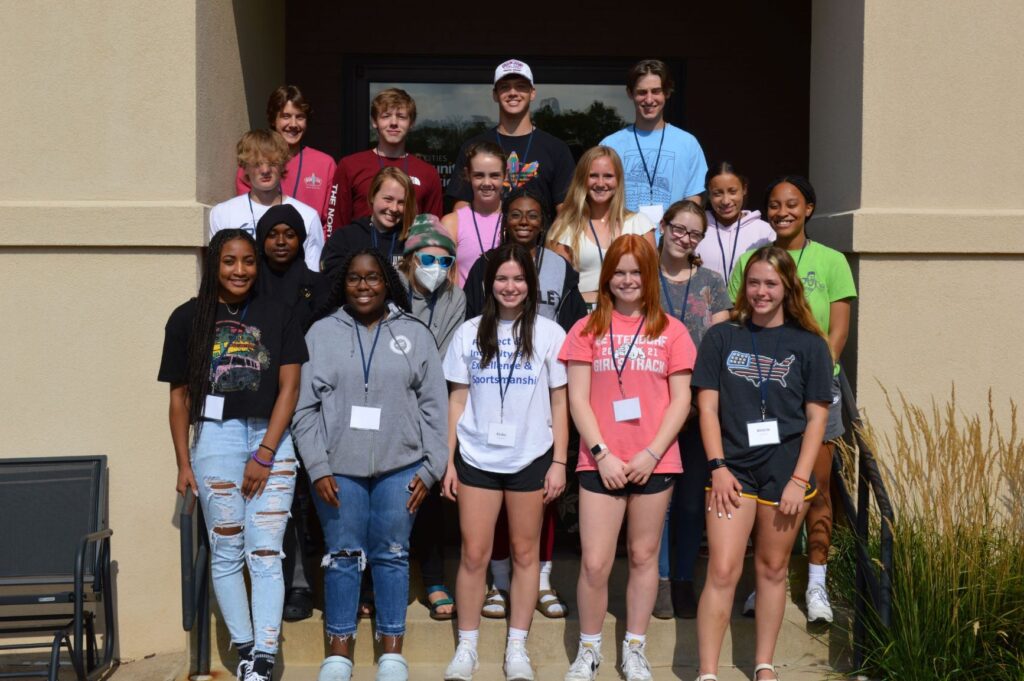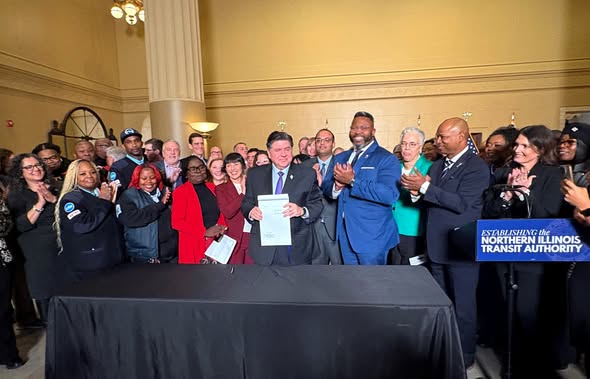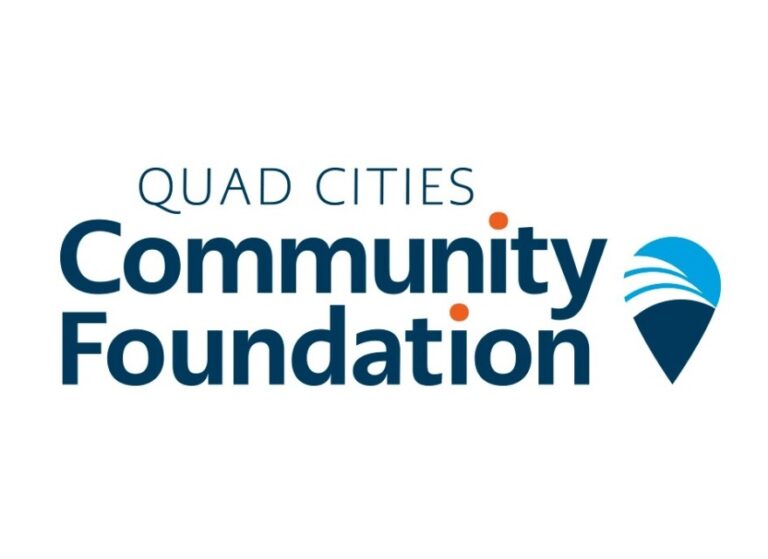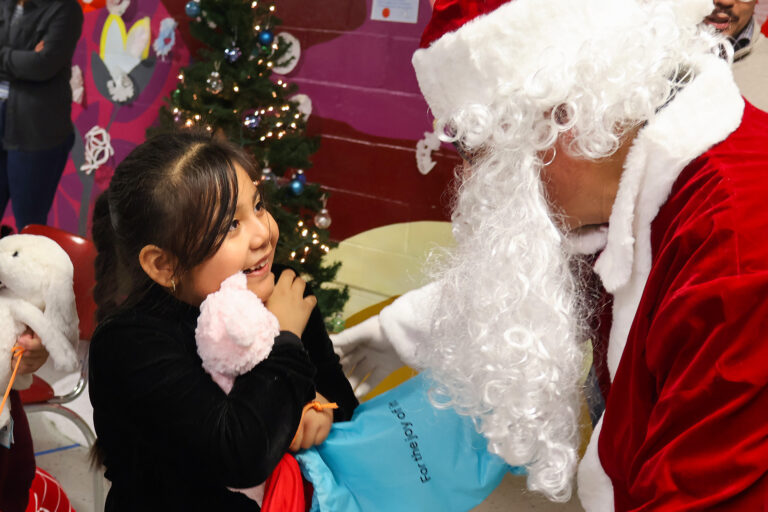On the 20th anniversary year of the Quad Cities Community Foundation’s Teens for Tomorrow (T4T) program, this year’s youth participants awarded $38,000 to eight local nonprofits and hit a new grantmaking record.
Through the program, Quad Cities youth are introduced to philanthropy as well as to the vital work of area nonprofits in the community.
This year’s class, like those before it, are tasked with identifying specific areas of need in the region and must decide where to invest to make the biggest impact.
“We let the students lead the way,” said Kaleigh Trammell, Community Foundation grantmaking specialist, “and this year they were determined to make a big splash.”
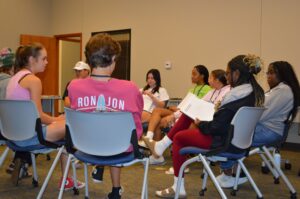
In a news release, the Community Foundation announced that with support of the foundation’s development staff, the young philanthropists raised $28,000 on top of their $10,000 yearly grantmaking budget by working directly with local donors.
The priority areas for this year’s grants encompass vital societal issues: domestic violence and abuse prevention, food security, homelessness, and immigration support. The T4T participants chose these nonprofits and award amounts this year:
- Christian Care to provide support to the Community Meal Site Program, $2,500.
- Family Resources, Inc. to maintain sheltering and housing initiatives, $10,000.
- Humility Homes and Services, Inc. to fund housing stability, $1,500.
- NEST Café to support ongoing operation, $7,000.
- One Eighty for sustaining the Hope Center Food Pantry, $2,500.
- St. Anthony Church to preserve the mission of the McAnthony Window Program, $2,000.
- Tapestry Farms to grow the social services program, $2,500.
- World Relief Quad Cities to advance ongoing relief efforts, $10,000.
According to the Community Foundation, T4T at its core aims to support young philanthropists as they continue to step out of their comfort zones, take on challenges together, and cherish the joyful moments along the way.
Sue Hafkemeyer, Community Foundation president and CEO, believes that “these students are building a brighter future and forming a generation of generous leaders who recognize their ability to shape the world for the better.”
Founded in 2002, T4T became a permanent program of the Community Foundation in 2010 thanks to an endowment created by Herb and Arlene Elliott of Elliott Aviation. The inspiration for the program, and what continues to be the driving force behind it is the opportunity to equip young people as leaders and philanthropists and provide them opportunities to use what they have learned to make an impact on the community.
Through T4T students enjoy a safe space for idea-sharing and inventive collaboration as they spend a rigorous nine-month period reviewing grant proposals, making site visits, conducting interviews and fundraising.
The program’s grantmaking and continued operations receives financial support from gifts made to the T4T endowment fund. Contributions can be made at www.qccommunityfoundation.org/t4t.
“There’s never a right answer,” admitted Nathan Musal, a rising senior at Pleasant Valley High School and T4T participant. “It’s all trade-offs.”
He and his peers – representing several area high schools – learned to balance those tradeoffs and ultimately decided by awarding unrestricted operational grants vs. funding specific projects they could make the biggest impact.
“These organizations know better than we do where their need is and how to use these funds. We chose to put the final decisions in their hands,” Mr. Musal said in the release.
He admitted that when he joined T4T he was “an average person who recognized a need.” “But now that I’ve seen what a difference these nonprofits make, I intend to remain involved in helping our community in the future. It’s something I view as essential to being a good citizen — helping out and doing what you can,” he added.
Ms. Trammell recalled that some of the students’ most rewarding moments were making “happy calls” to inform grant recipients of their selection. The teen philanthropists saw firsthand how their hard work and dedication make a tangible impact in their community.
“Philanthropic work doesn’t happen in a vacuum,” she added. “It’s really about building these personal types of connections.”

